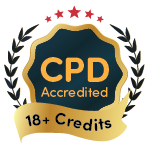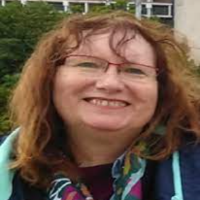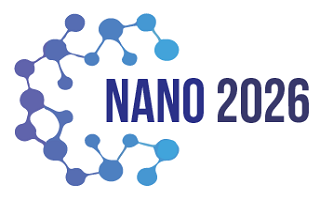3rd World Congress on
Nanotechnology
October 29-30, 2026 | Berlin, Germany

Nano 2026

Dokuz Eylul University, Turkey
Abstract:
Wastes of paper industry was used as alternative raw material to non-renewable carbon sources to produce activated carbon to produce a nanocomposite to remove two drug namely Gentamycine and Diclofenac via adsorption process. The synthesis of Magnetic iron-oxide activated carbons was performed by in-situ co-precipitation of magnetic iron oxides to AC. The physicochemical properties of the nanocomposite was investigated with XRD and FTIR analysis. For maximum Gentamycine and Diclofenac adsorption yields (99% and 98%) the optimal contacting time, Magnetic iron-oxide activated carbon composite concentration and Gentamycine and Diclofenac concentrations were 10 min., 2 mg/l and 500 mg/l and 780 mg/l, respectively. The adsorption of both drugs exhibited good suitability with Langmuir fittings showed that qm were 225 and 480 mol g− 1 , for Gentamycine and Diclofenac, respectively
Biography:
Prof. Dr. Delia Teresa Sponza is currently working as a professor at Dokuz Eylul University, Department of Environmental Engineering. Scientific study topics are; Environmental engineering microbiology, Environmental engineering ecology, Treatment of fluidized bed and activated sludge systems, Nutrient removal, Activated sludge microbiology, Environmental health, Industrial toxicity and toxicity studies, The effect of heavy metals on microorganisms, Treatment of toxic compounds by anaerobic / aerobic sequential processes, Anaerobic treatment of organic chemicals that cause industrial toxicity and wastewater containing them, Anaerobic treatability of wastewater containing dyes, Treatment of antibiotics with anaerobic and aerobic sequential systems, Anaerobic and aerobic treatment of domestic organic wastes with different industrial treatment sludges, Treatment of polyaromatic compounds with bio-surfactants in anaerobic and aerobic environments, Treatment of petrochemical, Textile and olive processing industry wastewater by sonication, Treatment of olive processing industry wastewater with nanoparticles and the toxicity of nanoparticles. She has many international publications.
